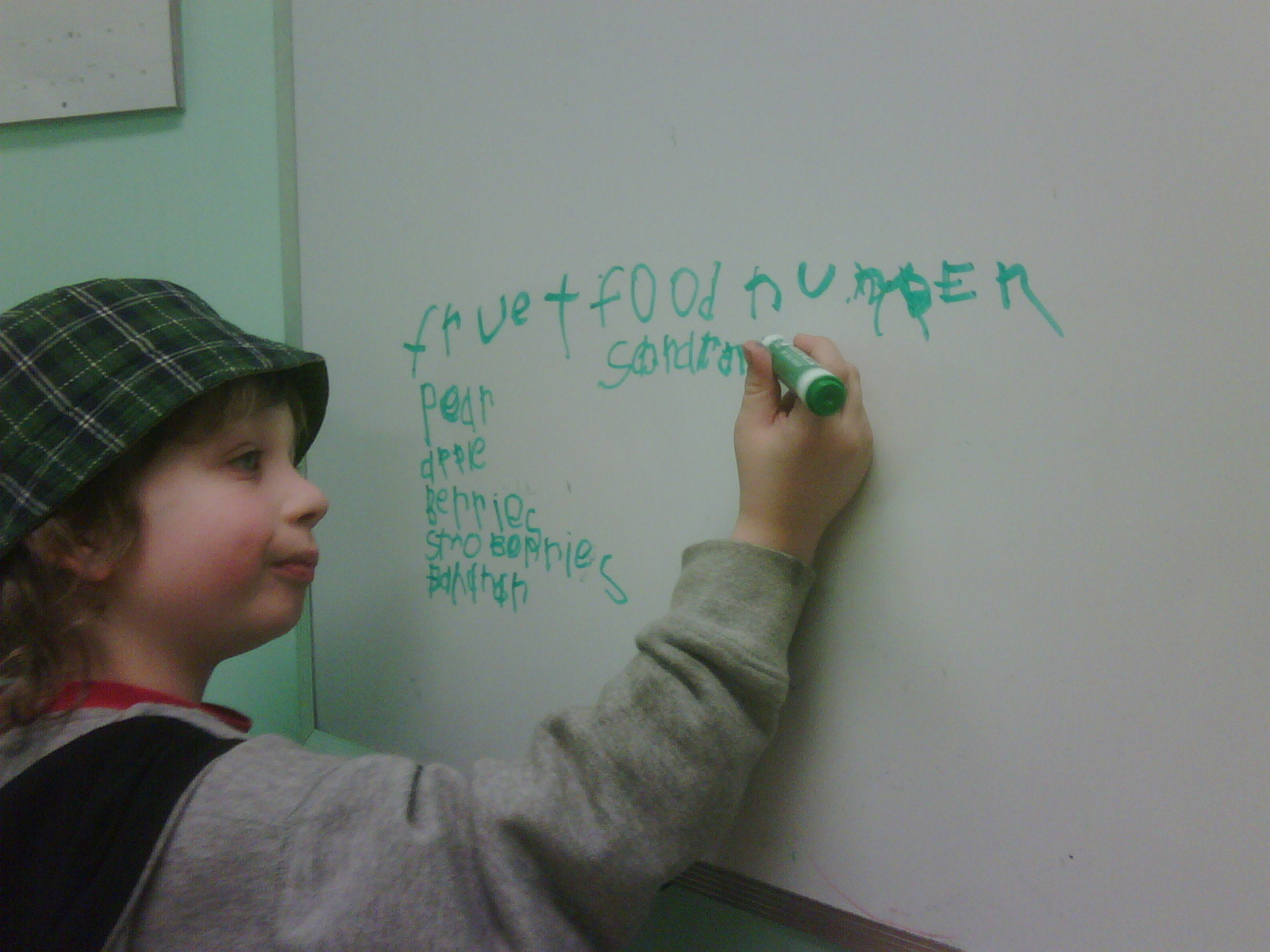Eight days.
It’s been eight days since I joined the ranks of the not-working, and a surprising amount of things have happened since then, like a weekend away, a half-marathon, and a plethora of admin relating to my new economic status.
Today, I made a concrete step towards my new future – whatever that might be – by meeting with the career coach arranged for me by my former employers. It was one of most exhausting meetings I have ever been in, because of the abundance of information I received, and possibly also because this whole process is so emotionally draining.
My first impression, having had this meeting, is that being unemployed is going to be very hard work. I have forms to fill in, assessments to complete, workshops to attend. The month will be an intense period of time as I prepare myself for the job market.
Maybe, in some weird way, this whole experience is a gift. I have a unique opportunity to change the direction of my career with the help of a professional. Although I will be busy, I will have more time to focus on my school work and my writing.
Best of all – the most precious gift of all – is that I have more time for my kids. I am loving the fact that I can be the one to get them ready for school in the mornings, that I can dedicate myself to helping them with homework in the evenings, and that, frankly, I can be a nicer person because I have the time to get more sleep than I was before.
Job loss sucks. It really does. It leads to feelings of inadequacy and insecurity, and it turns the future into a giant landscape of fuzzy uncertainty.
But it has its benefits, and I am trying to make the most of them.
(Photo credit: Sean MacEntee. This picture has a creative commons attribution license.)












